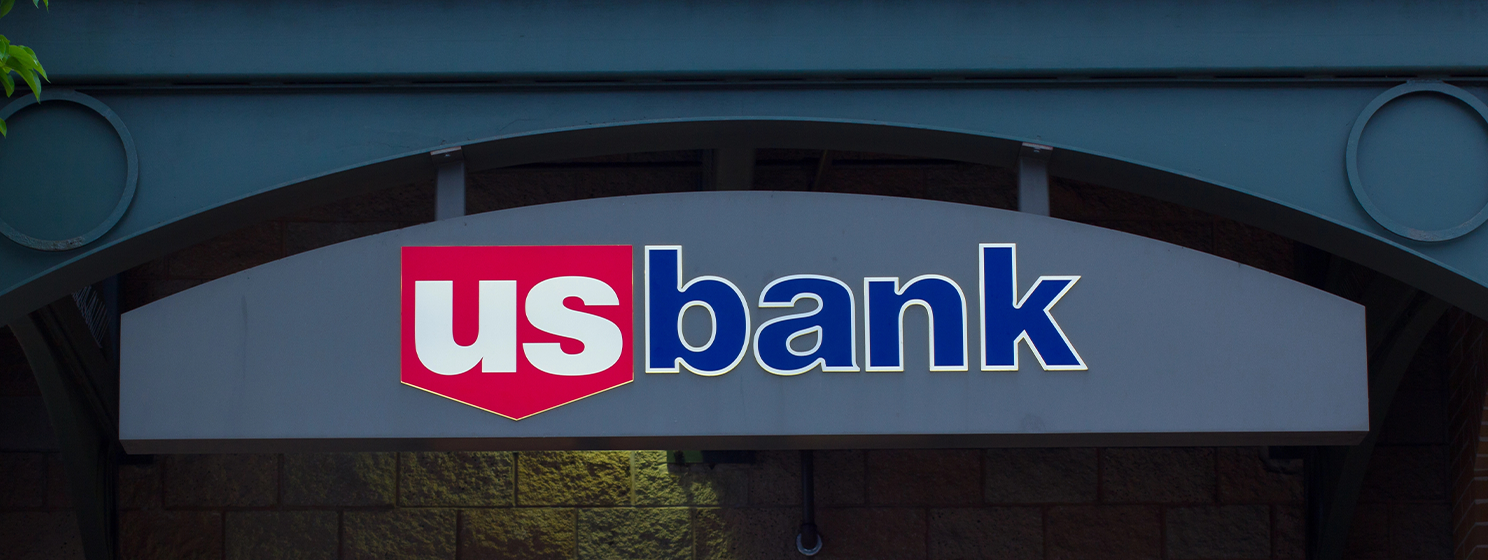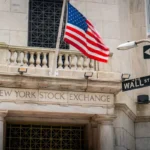One of the largest banks in the US has launched a new digital asset unit to shape the future of banking and payments through stablecoins, digital currency and assets tokenization.
Elsewhere, Bolivia’s new pro-market president is backing blockchain to tackle rampant corruption in public procurement.
US Bank’s Digital Asset Dive
US Bancorp (NASDAQ: USB) launched the organization Digital Assets and Money Movement to lead its efforts in digital currency and digital payments. The new division will focus on emerging digital asset products, including stablecoins, asset tokenization and digital currency custody.
US Bancorp, doing business as US Bank, is in an excellent position to benefit from the rise of digital assets and their integration with mainstream finance, says Dominic Venturo, the lender’s chief digital officer.
He revealed that the bank’s customers have increasingly asked about “how digital assets can help them securely move money, store deposits and use tokenized assets, among other potential use cases.”
US Bank is the fifth largest US lender and a systemically important financial institution in the US.
The new entity is the latest move by the Minneapolis-based bank to target the digital asset sector. In the past it has is launched a digital currency custody product, which claims to be responding to demand from its institutional clientele. That too invested in Securrency, an asset tokenization platform, alongside State Street and WisdomTree.
It joins other banking giants, including JPMorgan (NASDAQ: JPM), Goldman Sachs (NASDAQ: GS), Citi (NASDAQ: C), and BNY Mellon (NASDAQ: DMF) as they expand their digital asset activities as the sector’s mainstream appeal continues to soar.
But while banks are infiltrating digital currency, some industry leaders and pro-crypto lawmakers are accusing the lenders of trying to block their customers’ access to digital asset platforms.
This week, a group of trade associations wrote to the Consumer Financial Protection Bureau (CFPB) to lobby for open banking, arguing that big banks are trying to disconnect common financial rails from digital currency wallets and exchanges.
The groups included the Blockchain Association and the Crypto Council for Innovation.
They argue that open banking “is the foundation for innovation, competition and choice in today’s digital financial system.” Yet the big banks are rolling back the gains made in recent decades.
Open banking, protected under the CFPB’s Rule 1033, allows consumers to freely share their financial data with any third party, enabling them to connect their bank accounts to services such as digital asset wallets, stablecoin rails and more.
“We cannot allow a select group of the nation’s largest banks to dictate the future of American financial services. Therefore, we respectfully urge the Bureau to ensure that all open banking rules facilitate fair competition in the marketplace and protect the future of innovation,” the groups wrote.
Wyoming Senator Cynthia Lummis has too joined the conversation for the CFPB to protect the open banking system. In an Oct. 21 letter to the board, she urged it to “finalize this rule as soon as possible.”
She thinks so open banking paving the way for Americans to integrate digital assets with their bank accounts.
“Open banking is also critical to integrating digital assets into our economy by promoting competition and allowing consumers to provide their data to digital asset exchanges and stablecoin issuers to facilitate faster and cheaper payments,” the letter said.
Bolivia eyes blockchain to curb graft
IN BoliviaPresident-elect Rodrigo Paz has endorsed blockchain as a solution to fight corruption in the public sector.
In his manifesto, the new leader outlined 84 strategies he intends to rely on to revive the South American nation’s swinging economy. One is the implementation of blockchain and smart contracts in public procurement to “eliminate discretion in all procurement processes.”
Bolivia is one of the most corrupt countries in the world. The scored a goal 28/100 in the 2024 Corruption Perceptions Index by Transparency International, its worst score in over a decade, placing it 133rd out of 180 countries. According to For the IMF, public procurement is one of the sectors most rife with government corruption.
In addition to blockchain in procurement, Paz’s second strategy is to include digital assets in a basket of resources that he will leverage to unify the exchange rate. Under his administration, Bolivians can declare their digital assets in a new national exchange rate stabilization fund, which the government will use to stabilize the local boliviano.
Paz is to be sworn in on November 8 as Bolivia’s new president, replacing Luis Arce, who has been in power since 2020. He secured 54.5% of the vote in the runoff against former president Jorge “Tuto” Quiroga a week ago and will become the country’s first conservative leader in two decades.
Watch: New age of payment solutions
title=”YouTube video player” frameborder=”0″ allow=”accelerometer; autoplay; clipboard-write; encrypted-media; gyroscope; picture-in-picture; web-share” referrerpolicy=”strict-origin-when-cross-origin” allowfullscreen=””>





